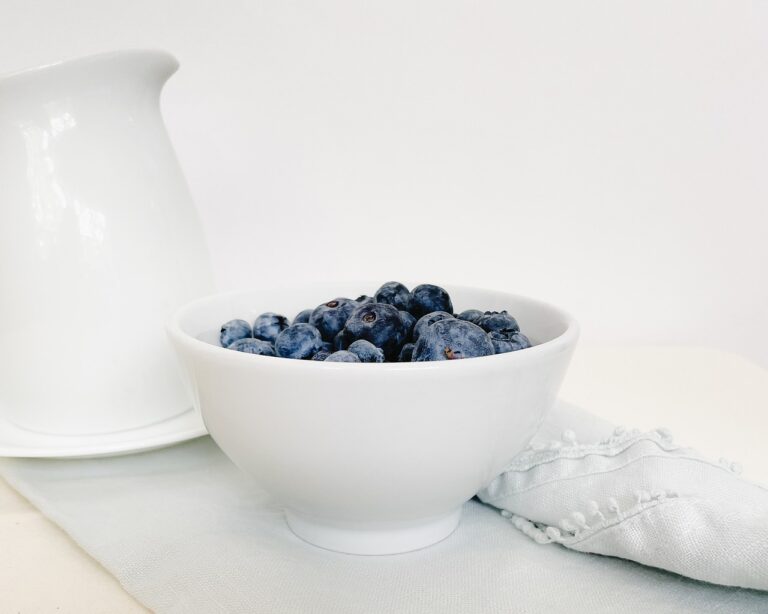Exploring the Health Implications of Artificial Ingredients
tiger exange, golden77 login, sky 99 exch app:As consumers become more health-conscious, there is a growing concern about the impact of artificial ingredients in our food on our well-being. Artificial ingredients, such as preservatives, colorings, and flavorings, are added to processed foods to enhance their taste, appearance, and shelf life. However, research has suggested that these additives may have negative health implications when consumed in large quantities over time.
1. What are artificial ingredients?
Artificial ingredients are substances that are not naturally occurring and are added to food products during processing. These can include artificial sweeteners, colors, flavors, and preservatives.
2. How are artificial ingredients harmful?
Many artificial ingredients have been linked to an array of health issues, including allergies, hyperactivity in children, obesity, and even cancer. For example, artificial sweeteners like aspartame have been associated with headaches, dizziness, and mood changes. Artificial colors have been linked to behavioral problems in children, while preservatives like BHA and BHT may disrupt hormone function.
3. Are all artificial ingredients bad?
Not necessarily. While some artificial ingredients may have detrimental effects on health, others are considered safe for consumption in moderation. It’s essential to look at each ingredient individually and consider their potential health risks before consuming them regularly.
4. How can I avoid artificial ingredients?
One way to reduce your intake of artificial ingredients is to opt for whole, unprocessed foods whenever possible. Fruits, vegetables, grains, and lean proteins are all natural and do not contain artificial additives. Reading food labels can also help you identify and avoid products with artificial ingredients.
5. What are some natural alternatives to artificial ingredients?
There are many natural alternatives to artificial ingredients that can be used to enhance the flavor and appearance of food. For example, natural sweeteners like honey and maple syrup can be used in place of artificial sweeteners. Herbs and spices can add flavor to dishes without the need for artificial flavorings.
6. What should I do if I suspect I have a sensitivity to artificial ingredients?
If you suspect that you have a sensitivity to artificial ingredients, it’s essential to speak with a healthcare professional. They can help you identify potential triggers and develop a plan to avoid them in your diet.
In conclusion, exploring the health implications of artificial ingredients is crucial for making informed choices about the foods we consume. By opting for natural, whole foods and paying attention to food labels, we can reduce our intake of potentially harmful additives and improve our overall well-being.
FAQs:
Q: Are all artificial ingredients bad for you?
A: Not all artificial ingredients are bad for you, but some have been linked to health issues when consumed in large quantities.
Q: How can I tell if a product contains artificial ingredients?
A: Check the ingredient list on the food label. Ingredients that are difficult to pronounce or understand are likely artificial additives.
Q: Can natural alternatives provide the same benefits as artificial ingredients?
A: Natural alternatives can often provide similar benefits in terms of flavor and appearance without the potential health risks associated with artificial ingredients.







